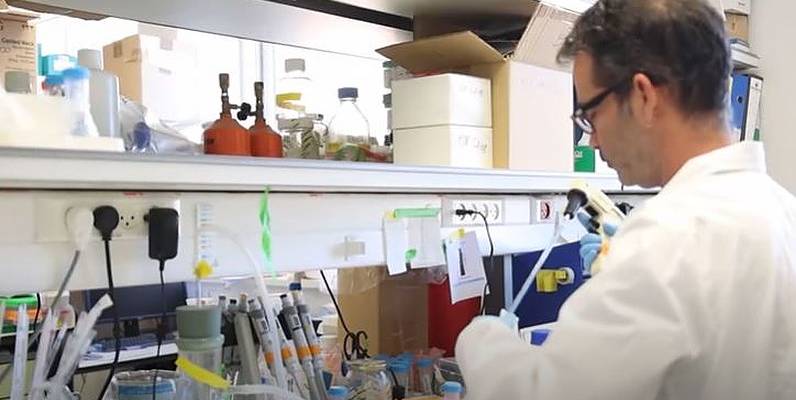Breakthrough technology blends sensors and human tissue in a smart kidney chip, allowing scientists to find a previously unknown toxicity mechanism.
By Abigail Klein Leichman, Israel21c
A group of Israeli researchers have discovered how a commonly prescribed group of antibiotics, aminoglycosides such as gentamicin, causes kidney damage in up to 25 percent of hospitalized patients.
The team was able to understand this mechanism by creating and experimenting with a bionic micro-kidney built from human kidney tissue embedded with ultra-thin electrooptical sensors.
“Most work in the drug development field is being carried out in mice, and the mechanism we found is human-specific,” said lead researcher Prof. Yaakov Nahmias, director of the Grass Center for Bioengineering at the Hebrew University of Jerusalem and founder of the sensor-illuminated drug discovery startup Tissue Dynamics.
The sensors enabled the researchers to measure glucose accumulation in the gentamicin-treated bionic kidney.
They saw that this accumulation led to rapid lipid accumulation and kidney damage. When the glucose was blocked from being absorbed by the kidney, the antibiotic toxicity was blocked as well.
Previously, Nahmias and his team showed that a commonly used cancer drug, cisplatin, causes a dangerous buildup of fat in human kidneys.
These key insights would not have been possible using lab mice.
“Humans make lipids from sugar, while rodents mostly make lipids from dietary lipids,” explained Nahmias.
“This is a dramatic demonstration that bionic technology, which blends sensors with human tissue, could rapidly propel drug development forward,” he added.
The study was featured on the cover of the December 7 issue of the Royal Society of Chemistry’s journal, Lab on a Chip.
More than 37 million Americans are estimated to suffer from chronic kidney disease, prompting the US Food and Drug Administration (FDA) to set as a national priority the development of antibiotics safe for patients with chronic kidney disease.
Tissue Dynamics, a spin-off company of the Hebrew University, is building the world’s first autonomous drug development platform using artificial intelligence and advanced robotics. The startup was recently named one of the top 5 organ-on-chip companies in the world.
